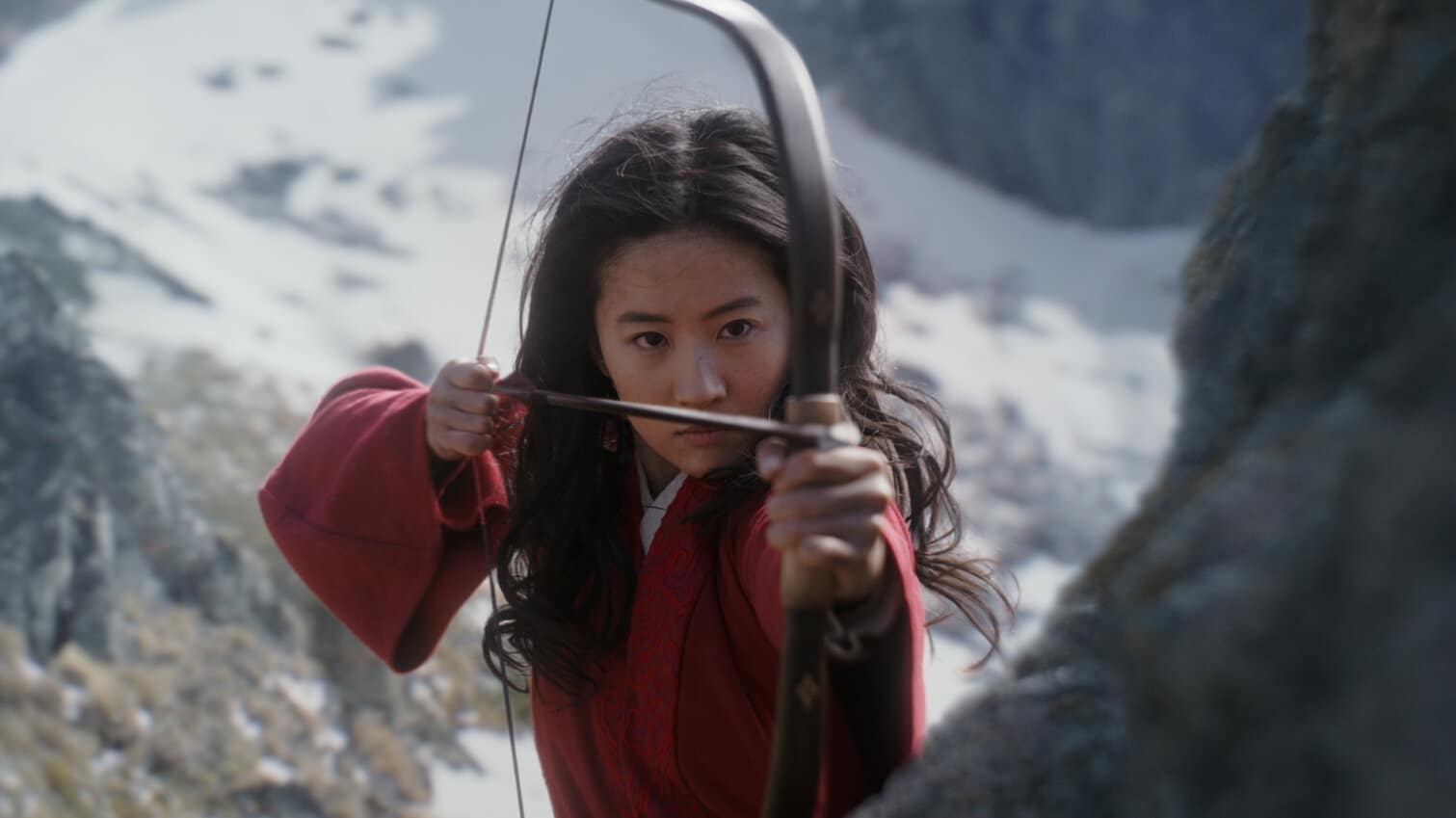The Chinese Government Locked Up My Uyghur Father. Disney’s ‘Mulan’ Is A Disgrace.
Chinese authorities arrested and disappeared my father. Now Disney is profiting off of China’s persecution of our people.

The last time I saw my father was in 2013. We were on our way to Indiana University, where he was scheduled to begin a fellowship. He was arrested before boarding the plane and taken away. A mild-mannered, studious professor of economics, his life’s work was using his influence to promote peaceful coexistence between the Uyghur people—our people—and the Han ethnic majority that rules China. That went against the interest of the Chinese Communist government, and in 2014 they sentenced him to life in prison. The last time I spoke to him was the day before his arrest. I still don’t know if he is even alive—the last time I heard anything of his whereabouts was in 2017.
In many ways, I can identify with the title character in Disney’s Mulan films, based on the ancient Chinese legend. In the story, as China calls up the men from every family to defend against a foreign invasion, Mulan dresses as a boy and fights in the place of her father, who is too old to go himself. As a child growing up in Beijing, I loved the legend and the fun Disney cartoon version produced in 1998. Little did I know that I, like Mulan, would later be fighting for my own father—helping to carry on his work while he is unjustly imprisoned. I hope, like her, to achieve victory by one day gaining my father’s release.
Today, sadly, a new retelling of the Mulan story, once again by Disney, is profiting from the oppression of my people. This live-action version was filmed partly in the Uyghur region—officially known in China as “Xinjiang Uyghur Autonomous Region”—where the Chinese Communist government is holding at least one million members of Turkic ethnic minorities in concentration camps as part of a coordinated genocidal campaign. My father, if he is alive, may be among them—nobody will allow us to visit him, or even tell us where he is.
Despite widespread international condemnation of China’s brutal tactics in Xinjiang, Disney still chose to go there to film this movie, delivering money and the prestige of an international “family” brand to those directly engaged in genocide. Adding insult to injury, in the closing credits, they even made sure to thank the local government “bureau of public security” (also known as state police) and “publicity department” (or propaganda). These are the very same government agencies in the Uyghur region that are imprisoning Uyghurs and other Turkic minorities, and then telling their families and the international press they are merely being held in “training centers.” The “public security” office is currently under sanctions by the U.S. government for human rights abuses.
Disney still chose to go there to film this movie, delivering money and the prestige of an international “family” brand to those directly engaged in genocide.
Our people are no strangers to persecution and exploitation. Starting in the 1950s, the Communist government started pushing Han Chinese to move to the Uyghur region in a purposeful move to solve their own overcrowding and speed up the “Sinicization” of the Uyghur population. Their tactics have only become more aggressive since.
What is more disheartening is the West’s complicity, and specifically the major multinational corporations that are enabling the cultural genocide of the Uyghurs. China routinely uses its political prisoners as a source of forced labor in factories, and Uyghur prisoners have reportedly been put to work making products for major brands like Nike, Apple, and Gap. Recently the Trump administration announced plans to ban certain agricultural products from China due to concerns about their use of forced labor.
Hollywood isn’t immune from the charms of Beijing either. The promise of access to the massive Chinese market is irresistible for a movie industry desperate for revenue in the COVID era when movie ticket sales are down. While many theaters in the United States remain shut down, Mulan will be opening in Chinese theaters.
It appears, sadly, that Disney is the latest in the long and disappointing line of Western people and companies taken advantage of by China. We can hope, at least, that the outcry against Disney on behalf of the Uyghurs and freedom-loving people everywhere will not only lead others to #BoycottMulan in the short term, but in the long term demand that Western companies cease cooperating with Chinese oppression.
At the same time, I have learned to be positive. Disney has a chance to respond constructively to this issue. They could at least acknowledge the controversy, and maybe even donate some of their profits from Mulan and its merchandise to Uyghur families and survivors of the cultural genocide. In the end, we may even thank them for raising awareness of this issue—because the more the world knows, the less the Chinese Communist government can get away with.
Jewher Ilham is the Uyghur Human Rights Fellow at the Victims of Communism Memorial Foundation in Washington, D.C.

